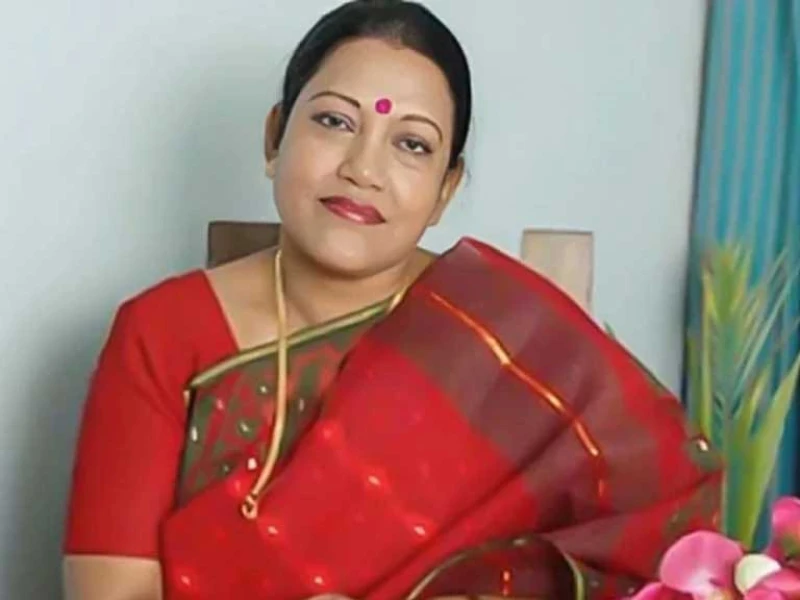Renowned Bangladeshi folk singer Farida Parveen is no more. She was 73.
The eminent artiste, celebrated as the 'Queen of Lalon Song', passed away on Saturday ( September 13) at 10:15pm.
The news of her demise was confirmed by Dr Ashis Kumar Chakraborty, Managing Director of Universal Medical College Hospital.
Farida Parveen left behind husband and four children.
The iconic singer had long been suffering from kidney complications.
In recent months, her condition deteriorated to the point that she required dialysis twice a week.
On September 2, as part of her regular treatment, she was taken to Universal Medical College Hospital in Mohakhali.
Following dialysis, her condition worsened, prompting doctors to advise hospitalisation.
She remained under intensive care, but as her health further declined last Wednesday, physicians placed her on life support.
Despite the best efforts of her medical team, Farida Parveen breathed her last, departing for the eternal abode.
Born on December 31, 1954 in Singra, Natore, Farida Parveen devoted 55 years of her life to music.
She began her professional musical journey in 1968 at the tender age of 14, a path shaped by her family’s deep affinity with music.
Her grandmother had sung, and her father, who had a passion for music, nurtured her gift.
Due to her father’s professional postings, she grew up in different districts of Bangladesh.
It was in Magura during her childhood that she first received formal training under Ustad Kamal Chakraborty.
From then on, no adversity could keep her away from practice and learning.
Though she initially performed Nazrul Sangeet and later modern songs, it was in the timeless songs of Lalon Shah that she found her true calling and identity. Once she began singing the mystic bard’s works, there was no turning back.
Farida Parveen’s contribution to popularising the philosophy, lyrics and melodies of Lalon Shah is universally acknowledged. While her career began with Nazrul and modern compositions, she spent most of her artistic life breathing life into the spiritual verses of Lalon.
With her deeply emotive voice, she introduced countless audiences to the philosophy of humanity and devotion embedded in his songs.
Her reach was not confined to Bangladesh alone. Farida Parveen carried Lalon’s legacy to the world stage, performing in Japan, Sweden, Denmark, Canada, Australia, the United States, the United Kingdom and beyond.
Recognition followed her dedicated artistry. In 1987, she was awarded the Ekushey Padak by the Government of Bangladesh. In 1993, she received the National Film Award for Best Female Playback Singer for the song Nindar Kata from the film Andho Prem.
Later, in 2008, she was honoured with the Fukuoka Asian Culture Prize in Japan.
Although most widely revered as a Lalon singer, Farida Parveen’s voice also gave life to modern and patriotic songs.
Among her popular renditions were Tomra Bhule Gecho Mallikadir Naam and Ei Padma, Ei Meghna.
Her death marks the end of an era in Bangladeshi music. With her passing, not only has the nation lost one of its greatest cultural icons, but the voice that carried the message of Lalon Sain to the world has also fallen silent forever.


 Prev Post :
Prev Post :
